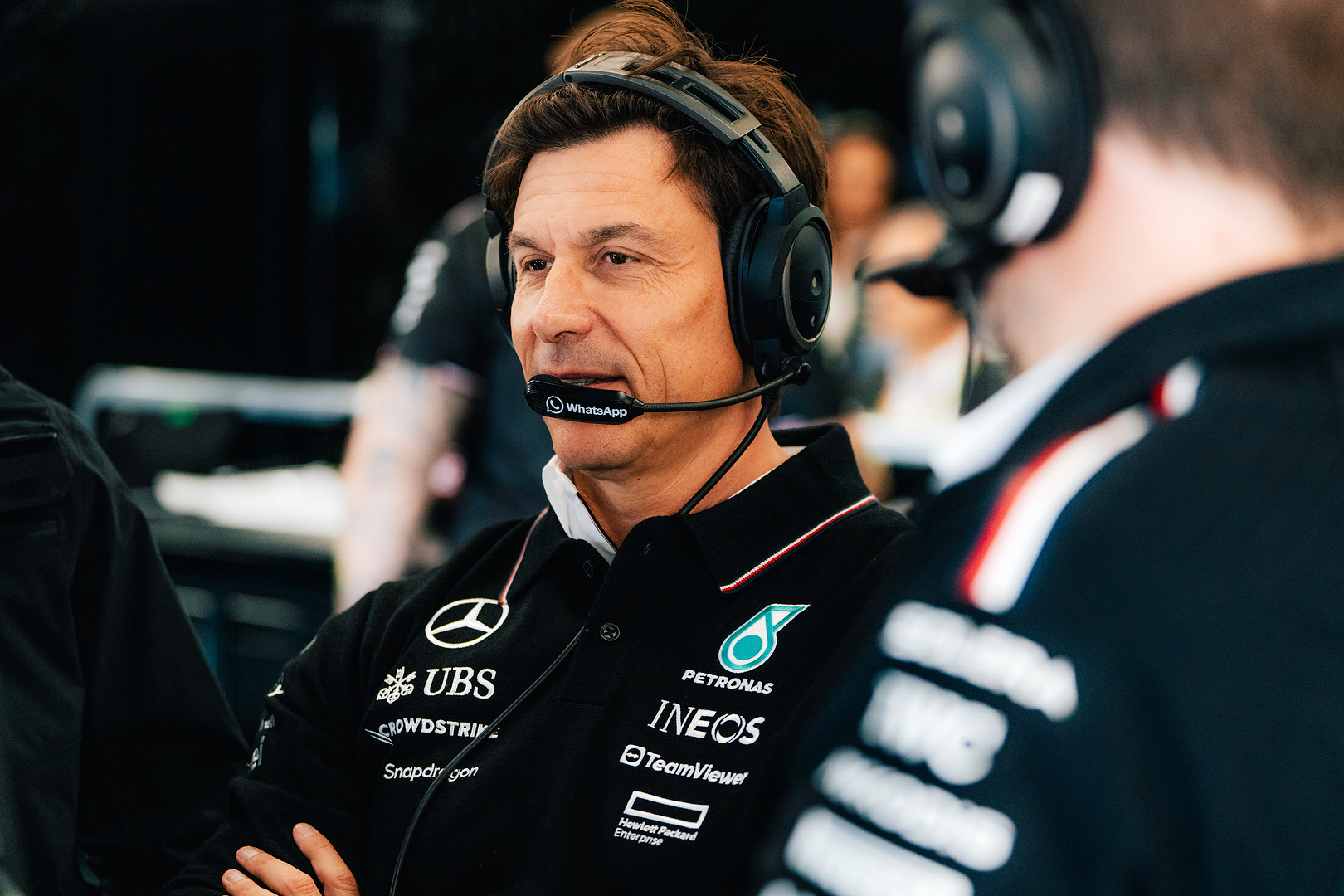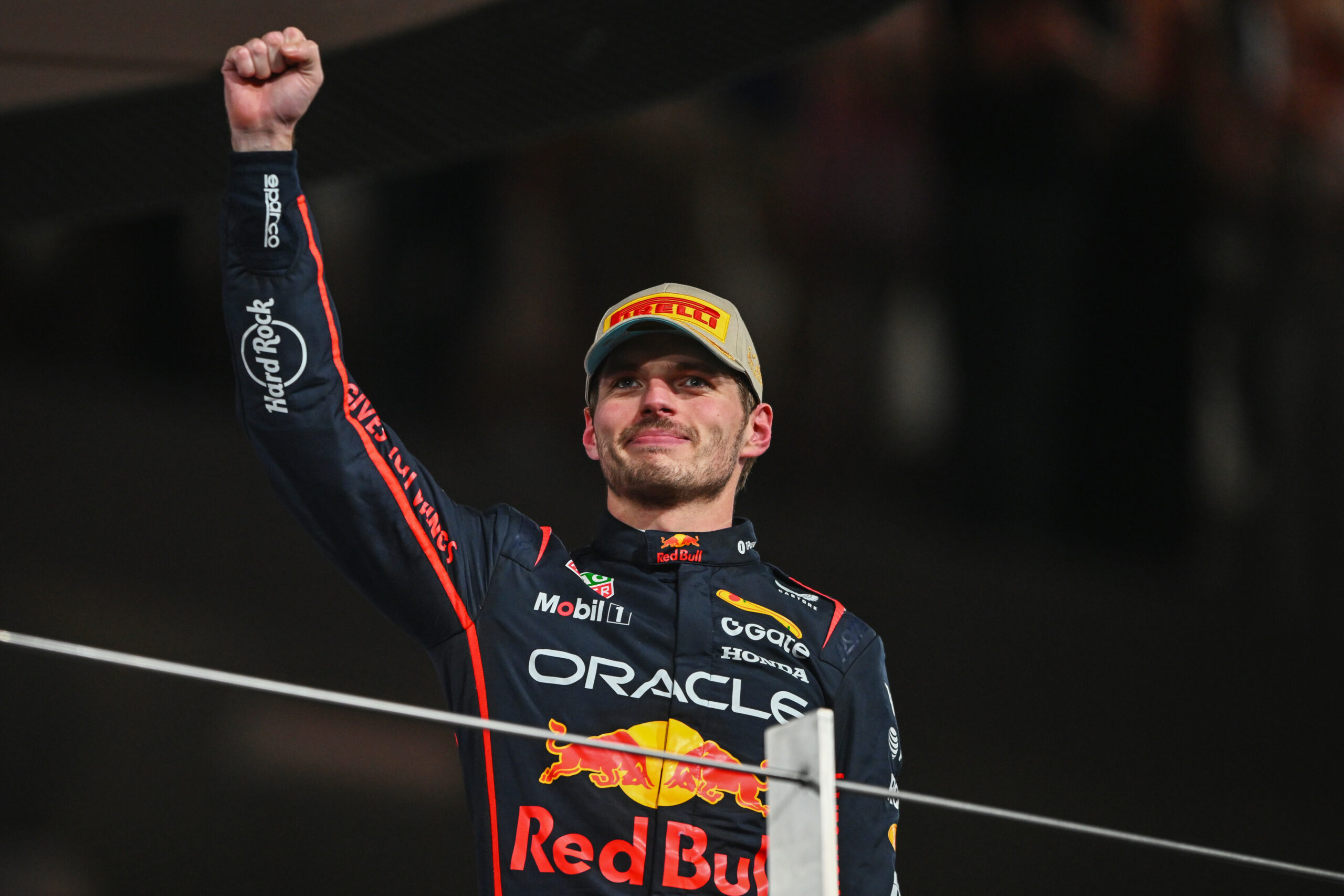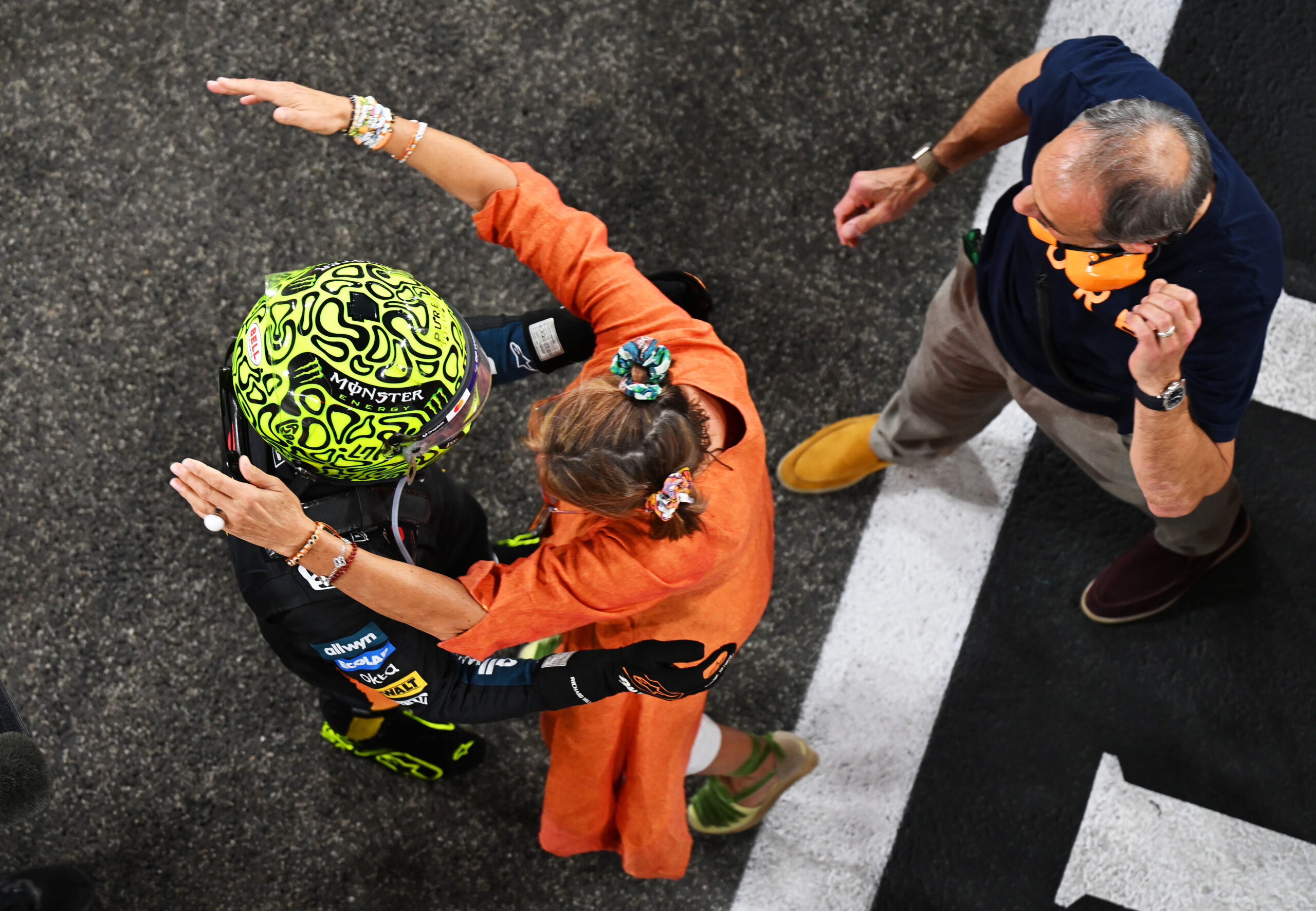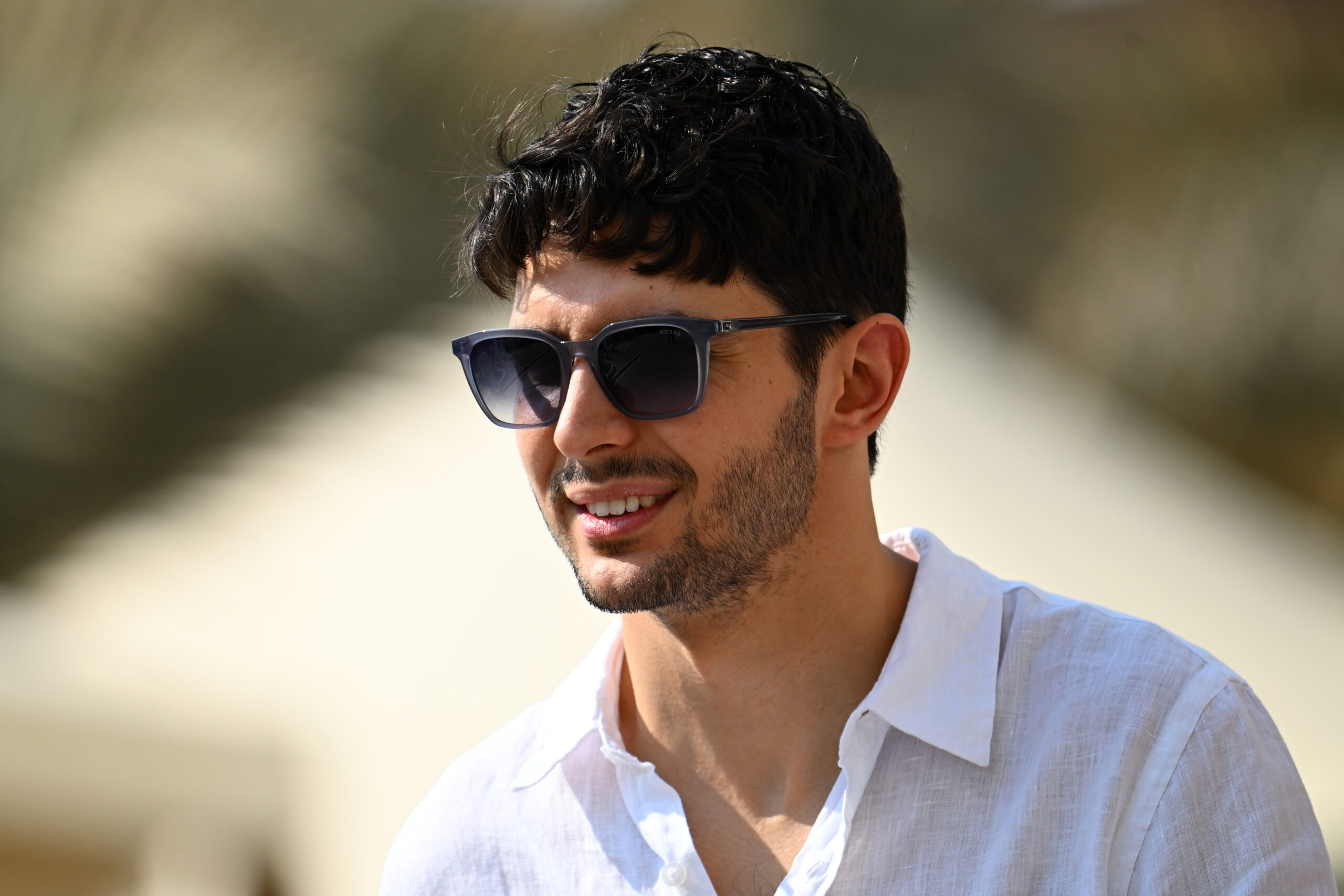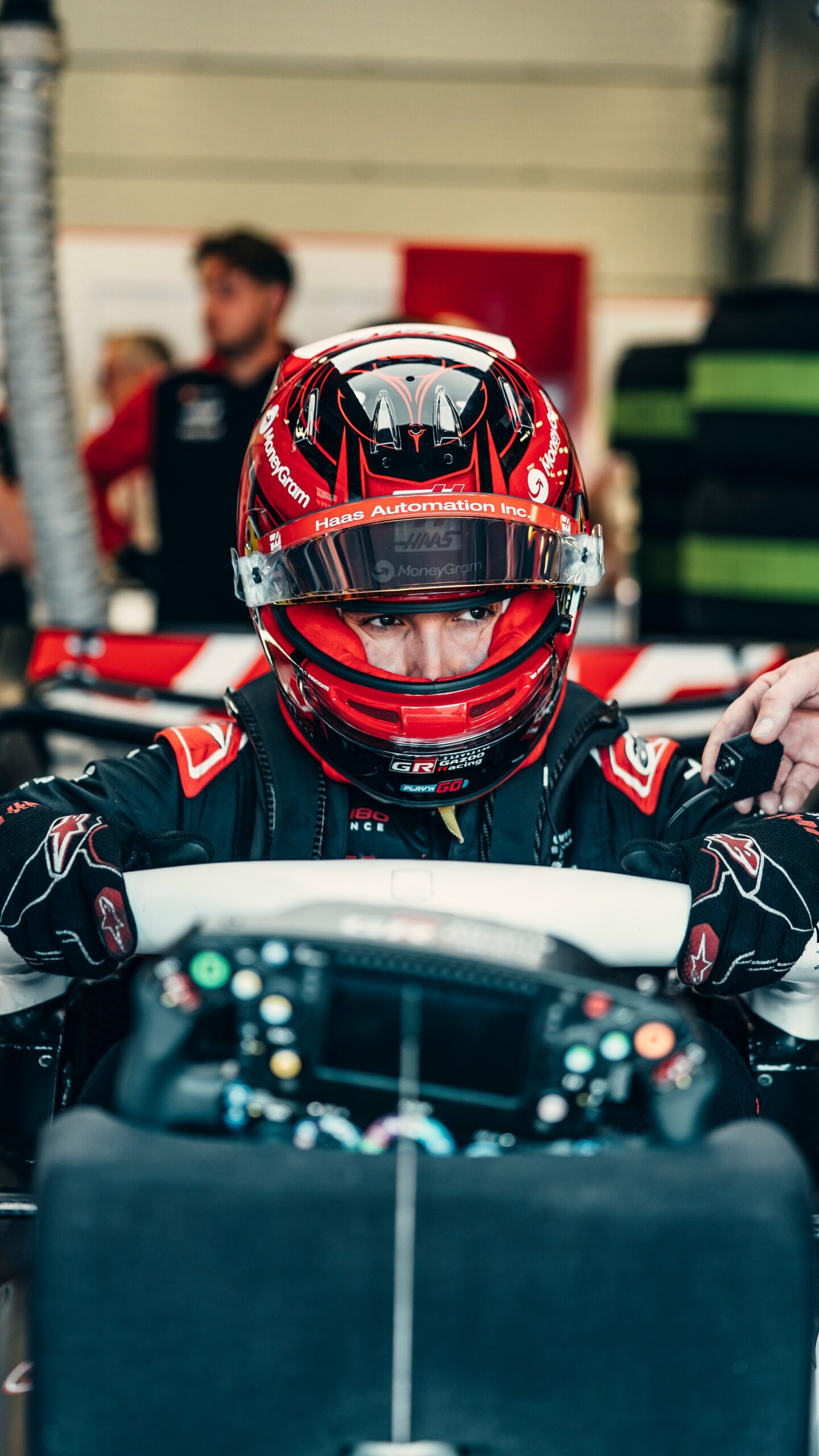The 2024 season has been a chronicle of ups and downs for Mercedes as they continue to grapple with the concept of F1’s current generation of ground effect cars. Despite a shaky start to their campaign, the Brackley-based team seemed to turn things around before the summer break when they managed to clinch three victories in the span of four race weekends. This fabulous run of form, however, hasn’t been reproduced since they took home the biggest trophies at the Belgian Grand Prix.
With their customer team McLaren on the brink of winning the Constructors’ Championship, it has been speculated whether the German manufacturer would be willing to compromise their 2025 season in order to get a head start on the competition in terms of the impending regulation change in 2026.
In an exclusive interview with Motorsport.com, team boss Toto Wolff dismissed the conjecture and claimed that they put their best foot forward every season. Citing Niki Lauda’s words as inspiration, he offered assurances that the team would continue their efforts to secure more wins and bridge the gap to the championship leaders next year.
“This is the crux of the matter every year, and especially if you have such a big regulatory change, are you going to compromise one year or the other?
“But I’d like to take it from Niki’s [Lauda] motto, when being asked. ‘Would you rather win this one or the next one?’ And he says, ‘Both.’”
Wolff remarked that this subject matter has often been painted in a more convoluted manner than it should be. Adding more context, he explained that while the team would make certain accommodations earlier than usual for their personnel and development to ensure a smooth transition to the 2026 regulations, these adjustments won’t be revolutionary.
Moreover, the 52-year-old contended that unlike the backmarkers on the grid, the top teams can’t afford to sacrifice an entire season since they are not merely fighting for points.
“Sometimes it is much less complex than one thinks. Probably the transition of people and capability into the 2026 regulations is going to happen a bit earlier than it would under stable regulations, but it’s not going to be game-changing.
“Nobody’s going to switch the machines off in January, unless you are really nowhere. But there is nothing to gain, because between P10 and P7 doesn’t make a difference for us anyway. We are fighting for victories and podiums, and cannot write it off.”
Wolff also shared an opinion similar to that of several other team principals and drivers on the topic of the fluctuating form of the top teams and how difficult it has been recently to anticipate their finishing positions.
Ruling out McLaren as the exception, the Austrian estimated that the relatively narrow operating windows of the Mercedes, Ferrari, and Red Bull cars contribute to the massive inconsistencies in performance that they encounter over the course of a few race weekends and even from race to race.
Referring to Mercedes’s slump in form and Ferrari’s resurgence since the summer break, Wolff admitted that even the great technical minds are perplexed when it comes to discerning those “performance contributors.”
“This variance in performance from race to race, or over a few races, is very difficult to compute, because what looks like an unchanged car can go from race winning to P6.
“The only team that is not a victim of that is McLaren, who I think have such a solid baseline and a less narrow window than all of us, that they’re able to keep the performance stable.”
“All of the others bounce between exuberance and depression. Before the summer, everyone wrote off Ferrari. But they have come back very strong.
“Before the summer, it was Mercedes who was the leading team, and clearly not today anymore. So it is so intricate to identify those performance contributors that at times even that most clever people are lost.”
When asked to present his hypothesis on why car performance varies so much, Wolff remarked that adding more downforce doesn’t always translate into better performance on track. He maintained that the interaction among multiple factors, such as the track, tires, temperatures, aerodynamics, driver instincts, etc., determines the pace of a car and that even a single misaligned variable can skew the outcome of a race.
“We were before the summer [break] pretty clear where the performance came from. And today we are less because what everyone seems to find out is that more downforce doesn’t always translate into better lap time.
“Now, this is not the sensational news of the century, but it is the interaction between track, temperatures, tyres, balance, aerodynamics, and driver impulse, so many variables, that if you get all your ducks in one line, you are fast. And if there is just one factor that is out of line, you can look quickly very bad.”
Despite being unable to produce a consistent car, Wolff emphasised the positives of winning several races and how they can be used as a standard to steer the course of their development over the remainder of the 2024 season.
“Every session now is, in a way, interesting, because we are able to benchmark against the good races.
“We can see what’s different on the car, what’s different on the track, what happened with the tyres and all of that. It’s not like we don’t know that this car has pace. It’s a race winner.”
At the same time, the Austrian voiced reservations about Mercedes starting to make the most of the current regulations. Although he acknowledged that they have met the bare minimum goal of winning a race this year, he described their overall campaign as underwhelming given the massive gap to the frontrunners and their disappointing position in the battle for the Constructors’ title.
“The objective that we have set ourselves every year is to win races. We have won three – two were on merit.
“So you can say, from that standpoint, we are meeting certain expectations. But if you look at all of the season, we’re not.
“It’s extremely tight now, between four teams, which is eight cars. And unfortunately, due to non-performance, DNFs, the gap to the leading team is just too big. So we find ourselves in a position in the constructors’ championship which is not satisfying at all.”

